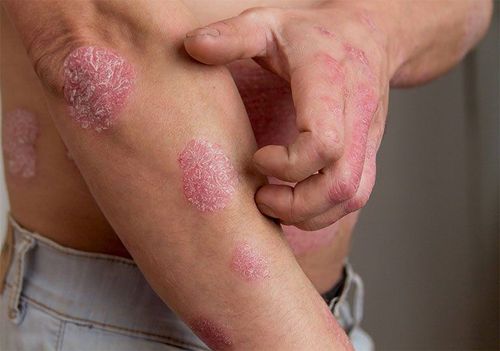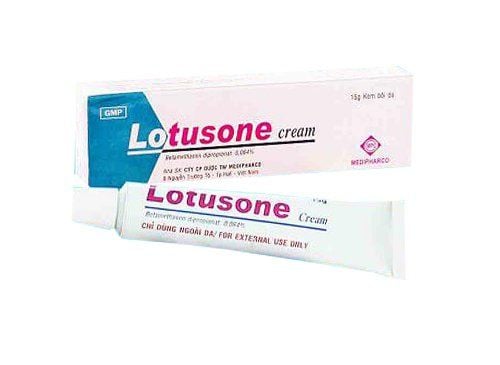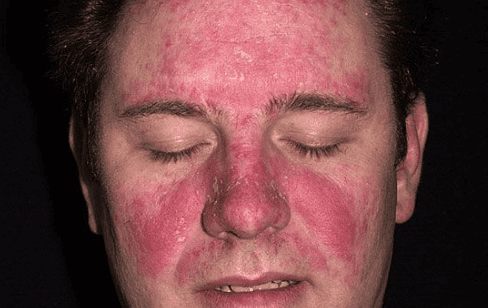This is an automatically translated article.
Stress can trigger psoriasis flare-ups or make symptoms worse. At the same time, living with a perennial skin condition like psoriasis can be stressful. That's why managing daily stress is especially important when you have psoriasis.
1. Gentle exercise to relax
Mind-body exercises like yoga and tai chi can help reduce stress. In it, the practitioner will combine breathing exercises, physical postures and meditation. You can take a class in person or find classes online. If you are just starting out with this type of exercise, consult your doctor first.2. Massage
The masseuse will use techniques to relieve muscle tension, promote blood circulation and reduce the stress that causes psoriasis for you. Before starting your treatment, ask your therapist about the oils or lotions they use, as some can irritate your skin. It is best to find a massage therapist with experience in psoriasis.
3. Physical activity
Physical activities like exercising or going for a brisk walk help boost endorphins, which make the brain feel good. As a result, you will be relieved of stress and anxiety. Sleep can also be affected when you're stressed, and exercise can help. Don't forget to consult your doctor before you begin an exercise program for someone with psoriatic arthritis.

Đi bộ nhanh là một trong các cách để giảm căng thẳng khi bạn bị bệnh vẩy nến
4. Meditation
Just a few minutes of meditation a day can reduce the stress that causes psoriasis and improve your mood. You can try guided meditation in a live class, app, or online video. Practicing the deep breathing technique is a simpler option. Just sit quietly in a comfortable place, and then focus on inhaling and exhaling, slowly and deeply.
5. Arrange a break time
Taking regular breaks, taking a break from daily tasks at work or at home will help you feel refreshed and reduce stress. It can also improve your mood, performance, and mental and physical health. Even a 5-minute break can help you regain energy.
6. Get enough sleep
Symptoms of dry and itchy skin affected by psoriasis can keep you up all night. Insomnia not only has a negative impact on your physical health, but it also makes stress and other emotional problems worse. Try to get at least 7 hours of sleep every night; go to bed and wake up at the same time every day; create a bedtime routine of relaxation; Avoid alcohol, caffeine, and mobile device exposure before bed.

Ngủ đủ giấc có thể giảm căng thẳng khi bạn bị bệnh vẩy nến
7. Professional treatment
If you have trouble managing stress or feel very anxious, see a mental health professional. They can teach you ways to reduce the stress that causes psoriasis, as well as deal with any existing emotional problems. If you're stressed about an outbreak of psoriasis symptoms that can't be controlled, ask your doctor about stronger, effective treatments.
8. Seeking Support
When you're feeling stressed, reach out to family, friends, or a community group that's sick so they can understand what you're going through. Team members can listen to you and offer helpful points of view. They might even share some really effective stress relief tips.9. Learn to accept
Psoriasis is a lifelong condition. You can get treatment, avoid triggers for your symptoms, and work with your doctor to deal with flare-ups. But you can't always control the effects of psoriasis. So take care of yourself both physically and mentally. Focus on what is going well in your life. Finally, learn to love your own imperfect skin.Reference source: webmd.com













